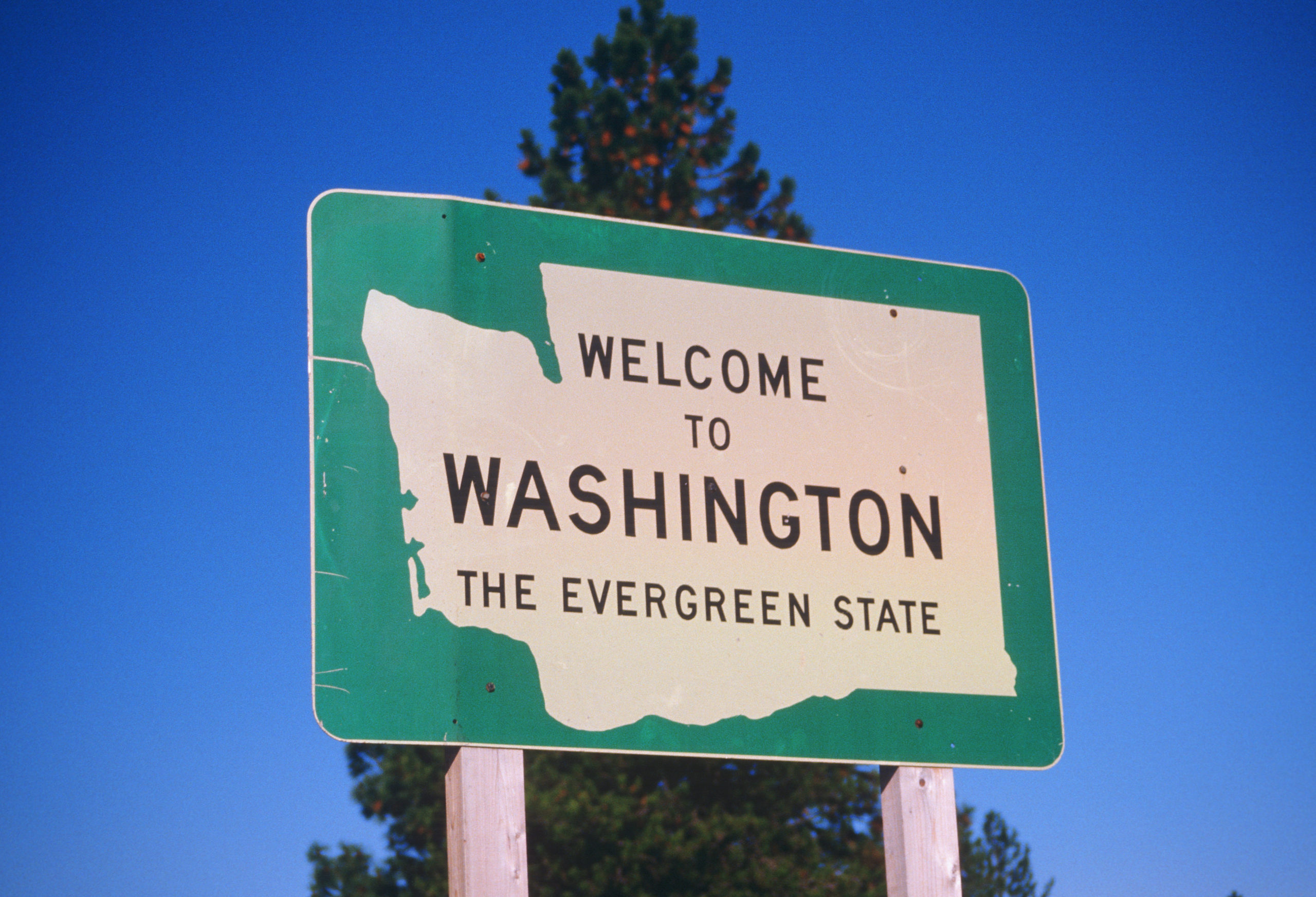Connect with us
Published
2 years agoon

There are all kinds of words we throw around in reference to cannabis: pot, weed, marijuana, Mary Jane, grass—The list goes on. Though, Washington’s passing of a new bill will make the official switch to replace mentions of the word “marijuana” with “cannabis” in state law.
The Legislature unanimously passed House Bill 1210, which was signed into law by Governor Jay Inslee on March 11, and the motion was adopted earlier this week, The Center Square reports. During the bill signing ceremony, Inslee noted that the term “marijuana” has a “racist history in the United States.”
Similarly, Jeff Kildahl, the state Liquor and Cannabis Board (LCB) cannabis policy and rules coordinator, said that the origins of the word “marijuana” have discriminatory origins and “should be replaced with the more scientifically accurate term, ‘cannabis,’” during a virtual making where state lawmakers approved the measure.
The terms are often used interchangeably, though the Spanish word “marijuana” was essentially co-opted by cannabis opponents in the early 1900s, specifically to highlight messaging that the plant was foreign and to exasperate the xenophobic sentiments toward Mexican immigrants.
For context, we can look back to the early 20th century, where the U.S. saw an influx of tens of thousands of Mexican immigrants to the southwest region of the country, in the wake of the Mexican Civil War. The increase in immigrants led to a more prevalent anti-Mexican immigrant sentiment, including the infamous “reefer madness” campaign that demonized cannabis users, more specifically non-white cannabis users.
In the 19th century, news reports and journals generally used the plant’s formal name, cannabis, but “marijuana” became more popular, specifically from cannabis opponents, in underscoring the drug’s “Mexican-ness” and playing off anti-immigrant sentiments.
The first measure looking to outlaw cannabis in the U.S. was the Marijuana Tax Act of 1937, banning the possession and sale of the plant. Harry Anslinger, the first commissioner of the Federal Bureau of Narcotics (which later became the Drug Enforcement Administration), backed the bill and is alleged to have supported the prohibition of cannabis because it was used by people of color and immigrants.
The fear-mongering campaign, which effectively painted cannabis as an unfamiliar, erratic and scary, un-American drug, played off white Americans’ fear of immigrants and people of color, which ultimately resulted in restrictions in state after state before finally seeing federal prohibition.
“There are 100,000 total marijuana smokers in the U.S., and most are Negroes, Hispanics, Filipinos, and entertainers,” Anslinger allegedly stated. “Their Satanic music, jazz, and swing result from marijuana use. This marijuana causes white women to seek sexual relations with Negroes, entertainers and any others.”
LCB Chair David Postman said that the change is a “great thing.”
“It took a little while,” Postman said. “Some may think this is a simple thing, that it took a little while, and it’s going to take some work to get it all done, but it’s important, and it is part of our ongoing evolution of really the knowledge and acceptance of cannabis and learning about the history of some of these things.”
A recently unearthed quote from John Ehrlichman, former President Richard Nixon’s chief domestic policy advisor when Nixon announced the War on Drugs roll-out, also supports the notion that cannabis prohibition was ultimately a tool in targeting minorities and those against war:
“The Nixon campaign in 1968, and the Nixon White House after that, had two enemies: the antiwar left and Black people. You understand what I’m saying? We knew we couldn’t make it illegal to be either against the war or Black, but by getting the public to associate the hippies with marijuana and Blacks with heroin, and then criminalizing both heavily, we could disrupt those communities. We could arrest their leaders, raid their homes, break up their meetings, and vilify them night after night on the evening news. Did we know we were lying about the drugs? Of course, we did.”


Clinical Trial To Assess LSD Microdosing For PMS


Survey: High-THC Flower Yields Few Serious Side Effects in Patients


Connecticut House Approve Bill Regulating Hemp Products


Hemp Clothing Market to Hit $23B by 2031, Report Predicts


Despite City Efforts, Hemp Shops Posing as Dispensaries Prevail in Las Vegas


Cannabis Community, Investors React to DEA Decision To Reschedule
